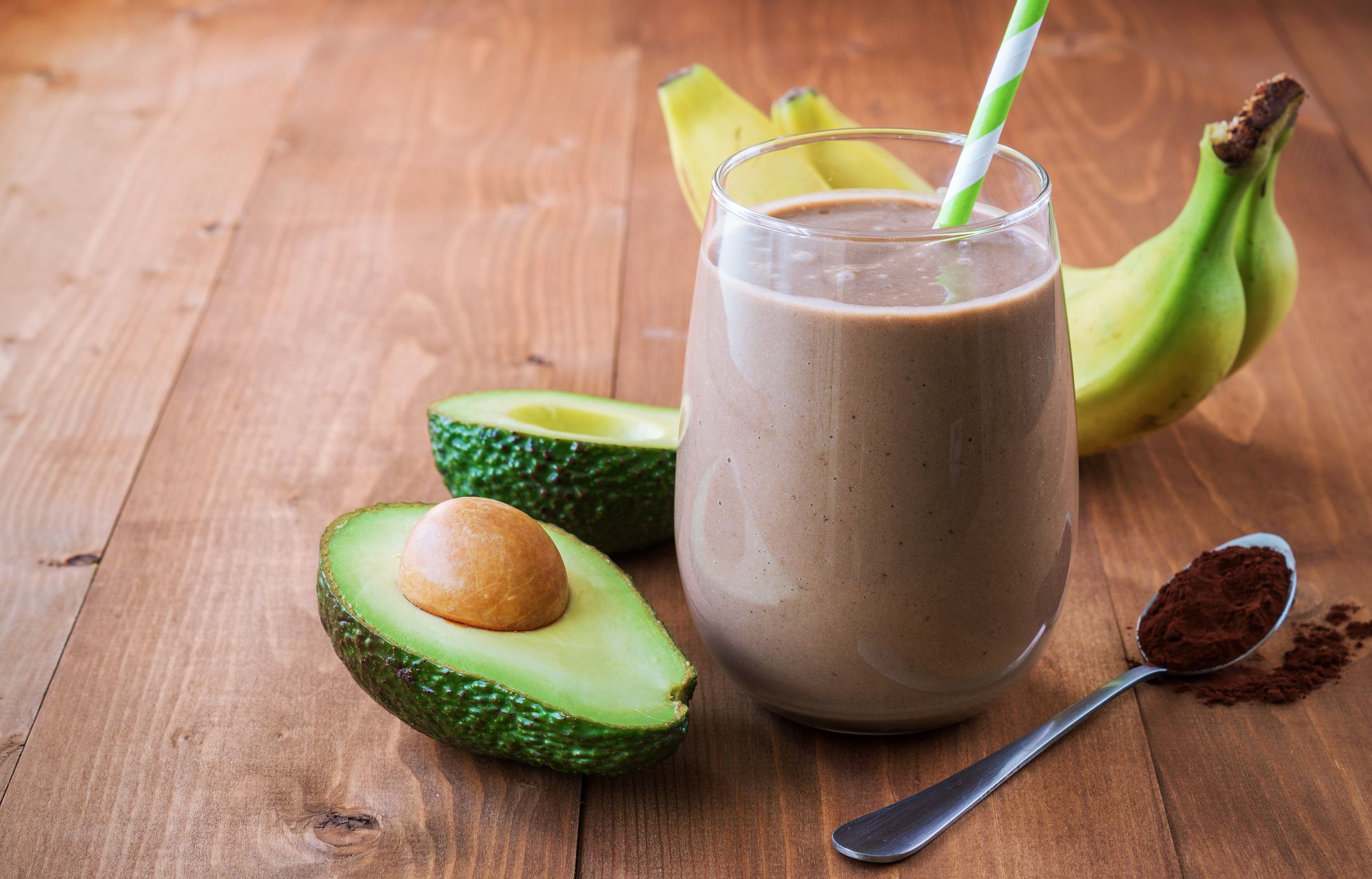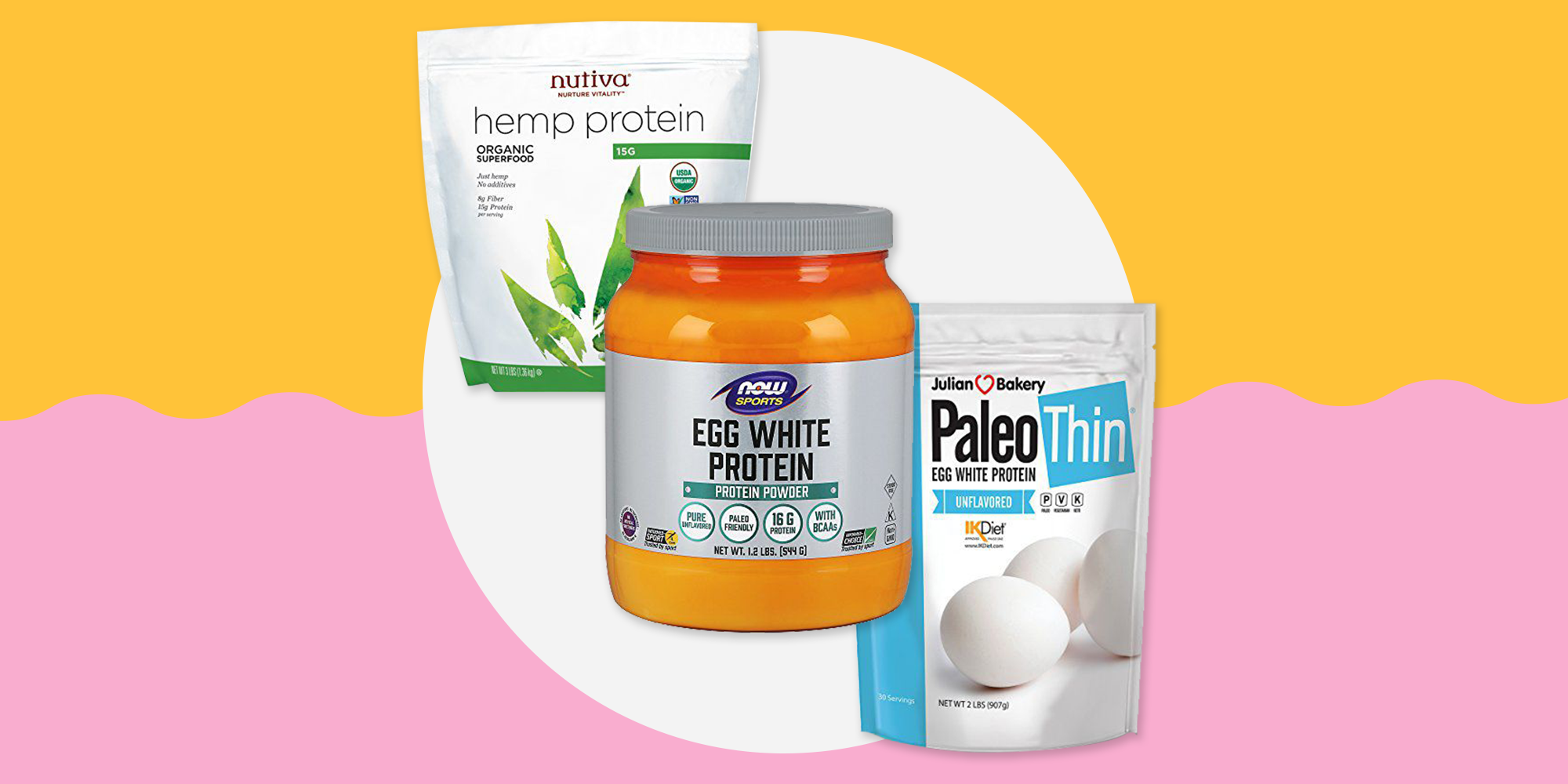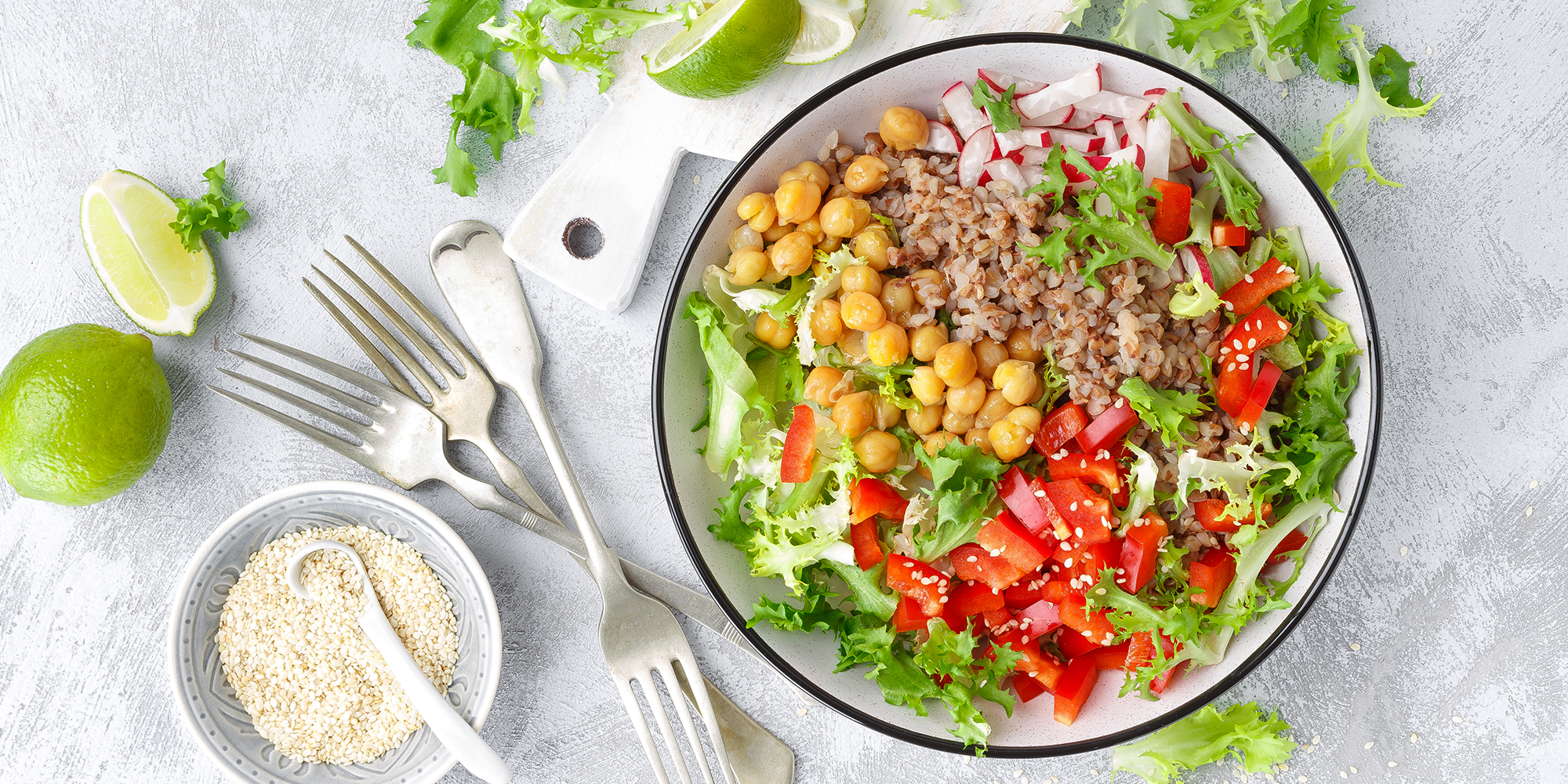
You’re all about eating enough veggies (here’s looking at you, lunchtime kale salad), but what if you could just shove a whole pack of greens into a glass of water and be done with it?
It may sound too good to be true, but that’s the premise behind greens powders—dehydrated, ground-up greens that claim to deliver all the benefits of several cups of veggies.
But before you commit to drinking your greens instead of chowing down on spinach every day—are these products really as good as they claim to be?
So, what’s a greens powder?
Nope, it’s not just mushed up spinach. “Most greens powders are a blend of many different greens, herbs, spices, and superfoods, so they’re a great way to include ingredients like wheatgrass, beetroot, or kelp—foods you probably wouldn’t normally eat on a daily basis,” says Carolyn Brown, RD, with NYC-based private nutrition practice Foodtrainers. As such, “the greens powders offer tons of vitamins, minerals, and antioxidants.”
https://www.instagram.com/p/BuWhCewnAZF/
A post shared by Navitas Organics (@navitasorganics) on
Some powders also contain additional nutritious, non-green ingredients, including probiotics, chia and flax seeds, matcha, and fruit extracts. The products really aim to act as a one-stop shop for all your dietary needs, all in a couple spoonfuls of powder.
Are there benefits to taking a greens powder?
Greens powders often contain most of the same good-for-you nutrients that you’d find in whole greens, like B vitamins, vitamins A and K, calcium, iron, and antioxidants. That said, since these powders don’t contain as much fiber, they won’t fill you up the way, say, a kale salad would.
“It’s hard to say about all brands, of course, but typically, these powders are loaded with B minerals from the greens. This can be great for your immune system and energy levels,” says Brown. She even recommends trying them in the morning, for a potential natural pick-me-up.
What should you look for in a greens powder?
For starters, go for organic greens powders, if possible. “Any chemicals or pesticides that were present in the original green will be highly concentrated in a powder, since there are so many greens in one,” says Mascha Davis, RD, and founder of Los Angeles-based nutrition practice Nomadista Nutrition.
Another thing to be aware of is the ingredient list—sometimes, these powders contain fillers, synthetic dyes, artificial sweeteners, and emulsifiers that could leave you feeling bloated and fatigued. So check the label, and make sure that the greens powders you consume only contain greens, and maybe a few additions like probiotics or matcha. Since the FDA doesn’t regulate dietary supplements (greens powders included), it’s hard to determine whether many products are the real deal…but thankfully, Davis and Brown have some recommendations:



Plus, “many have ingredients you may not be used to, and can make your digestion move more quickly or more slowly,” says Brown. “So, work up to the recommended serving size slowly.”
In addition, Brown also suggests that if you’re breastfeeding or pregnant, or have a thyroid issue, avoid starting a daily greens regimen. Some contain high levels of sodium, iodine, and selenium that could worsen thyroid symptoms, and potentially harm the health of the new baby.
Want to learn what healthy foods celebs eat? Check out Alicia Silverstone’s fridge:
So, can I just stop eating vegetables, then?
Nice try…but these powders are not supposed to replace eating pure, unadulterated greens, whether that’s in a leafy salad or cooked into a stir-fry. “I think green powders can be a healthy addition, and are a great option for people who don’t love dark, leafy greens,” says Davis. “However, they are not a replacement for vegetables.” That’s because, even if the powders are minimally processed, they don’t contain some of the benefits of whole vegetables, such as fiber, high water content, and certain antioxidants.
Brown agrees, and recommends eating a minimum of two cups of greens, twice a day. However, in a pinch, she admits that the powders definitely have their benefits—especially if you’re in a situation where you know it’ll be hard to get ample daily greens. “I always suggest clients bring a greens powder along on their travels,” she says. “It’s perfect for the airport or iffy travel meals, and acts as a backup plan to make sure you’re getting in at least one veggie a day.”
Bottom line: Green powders can be a healthy addition to your daily diet, but they don’t replace whole vegetables.
Source: Read Full Article